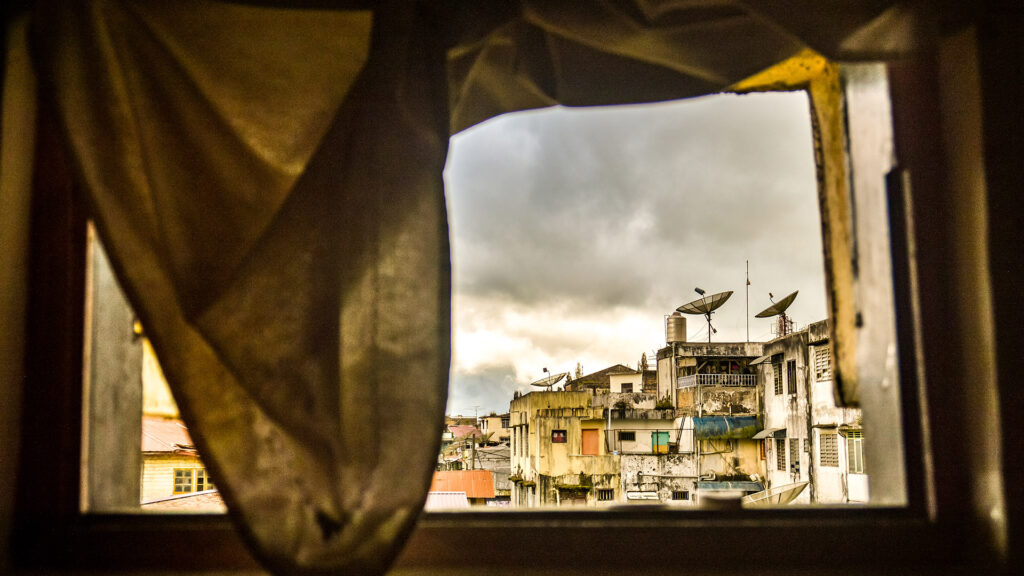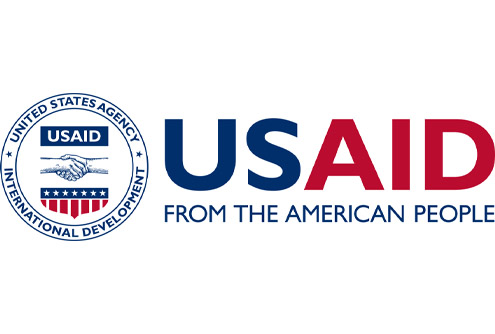Background to displacement
In 2016, flash flooding in Garut destroyed over 2,500 houses in six sub-districts and caused significant economic loss. Community members described it as “the most massive and devastating flood”. The flooding was most damaging to communities living close to the riverbanks, particularly informal settlements. 787 families were forced to leave their homes. The local government relocated the affected persons to 10 locations in the periphery of Garut Kota sub-district.
The new locations were far from the city centre and those displaced did not have access to basic services, livelihood opportunities, financial resources, and information to help them reduce their disaster risk. Although they required assistance, there was not a clear authority or institution responsible for the relocated communities. Those living in the Huntap Babakan Carik community, for example, found it difficult to access the centre of the city and had limited support to start a small business.

